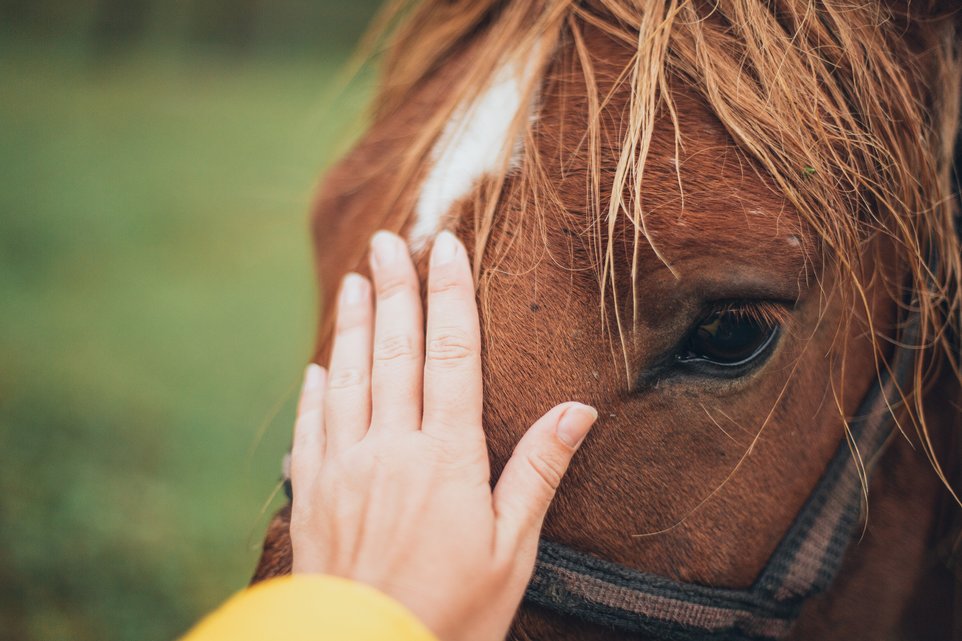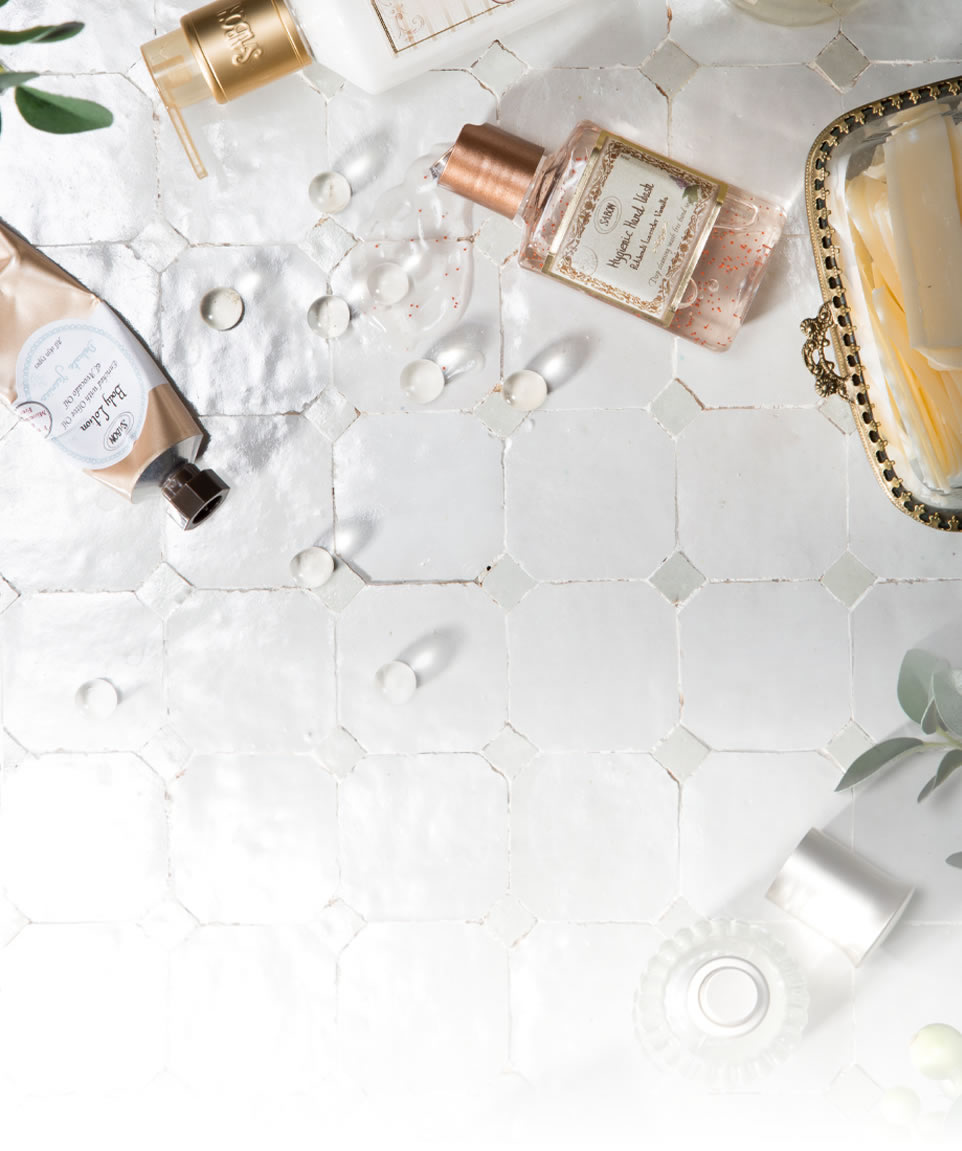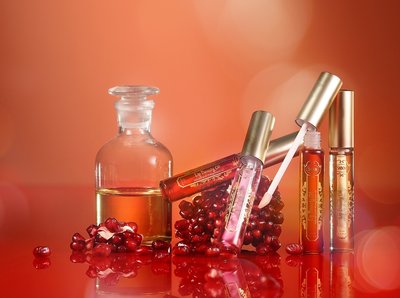Animal testing on beauty industry
11 February 2022 Estimated time: ~1 min.
Animal testing - Beauty industry and its impact on animals
Many years - too many! – it was promoted the idea that the beauty industry has to test its products on animals because otherwise it is not possible.
First of all, what is a vegan cosmetic? Veganism in the beauty industry means the exclusion of any form of exploitation of animals, both animal ingredients and animal testing.
There are enough ethical alternatives for evaluating the safety of a product, much more accurate than animal testing, which does not even provide a 100% guarantee.
The DNA of each animal is different and the way the body responds to certain substances varies by species.
Alternatives to animal testing would be in vitro (laboratory) testing, on reconstituted skin samples, or testing on human volunteer subjects.
In fact, vegetable oils, vitamins, plant extracts and many synthetic ingredients already on the market do not require animal testing.
Unfortunately, most cosmetic brands still test on animals, but it is up to each buyer to change that. How? Simple: choosing products and brands that do NOT test on animals.
For example, SABON adopted the EU animal testing regulation when it was first introduced in 2004. It was only then that the European Union adopted a regulation banning the torture of animals, whatever they may be, in the service of beauty.
The brand does not test animals for finished products and, in addition, prohibits the purchase of raw materials from suppliers when they have been tested on animals for cosmetic purposes only.
SABON is a 100% vegan brand, which means that the products do not contain animal ingredients. The only animal by-products used are goat’s milk and honey, for solid soaps.
How do you know if a company is not testing animals?
• Do not sell on the Chinese market - all companies that sell in China test, even indirectly, on animals, because Chinese law requires it.
• I produce and sell locally.
• Their products are not considered dermatocosmetics - as of July 11, 2013, testing of cosmetics and animal care products is no longer allowed in the EU by law, with a few exceptions. The law does not apply to cosmetics-medicine and dermatocosmetics.
• You will not find any ingredients on the labels that could be of animal origin.







